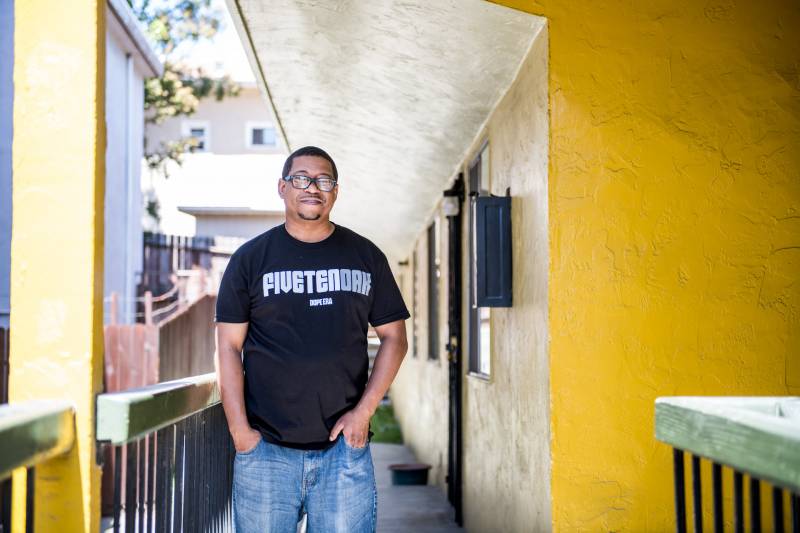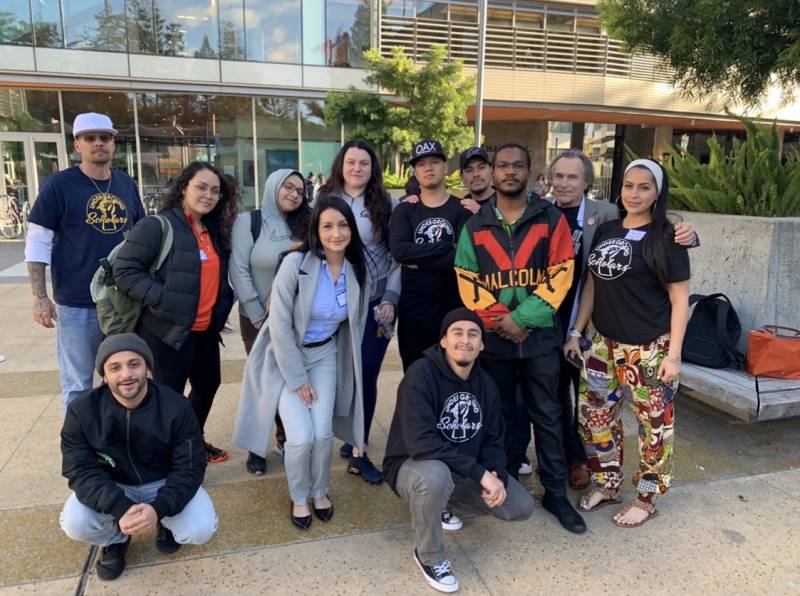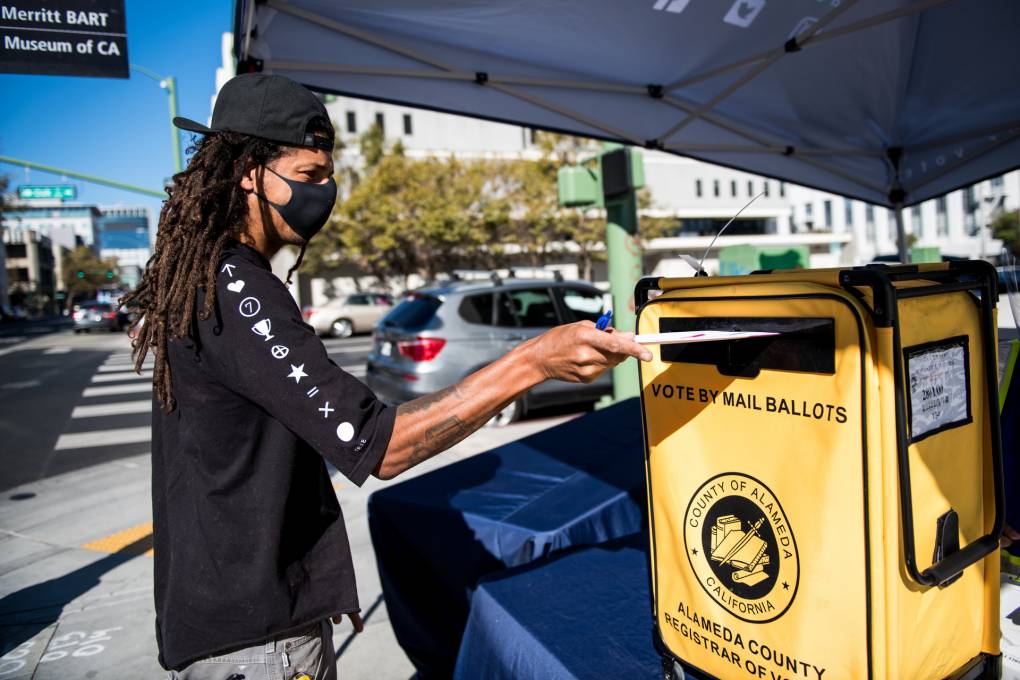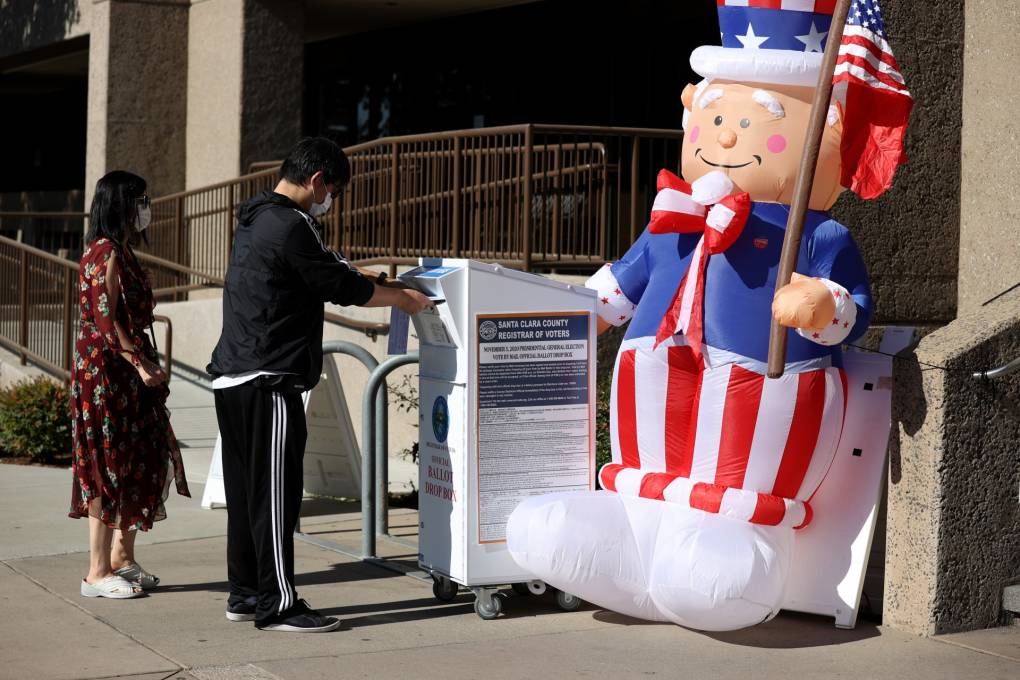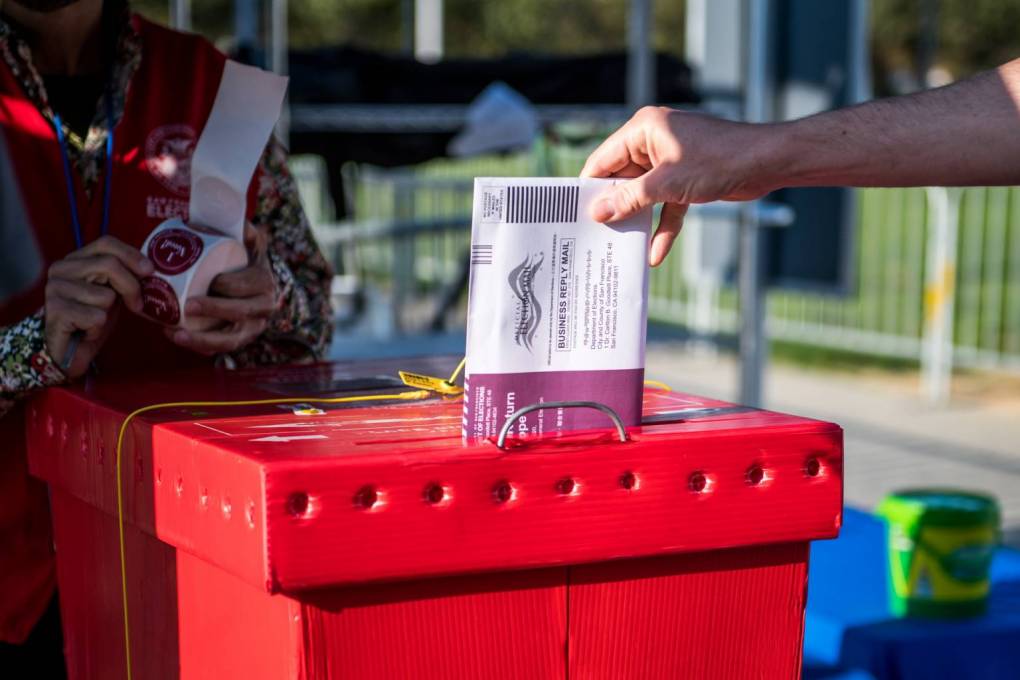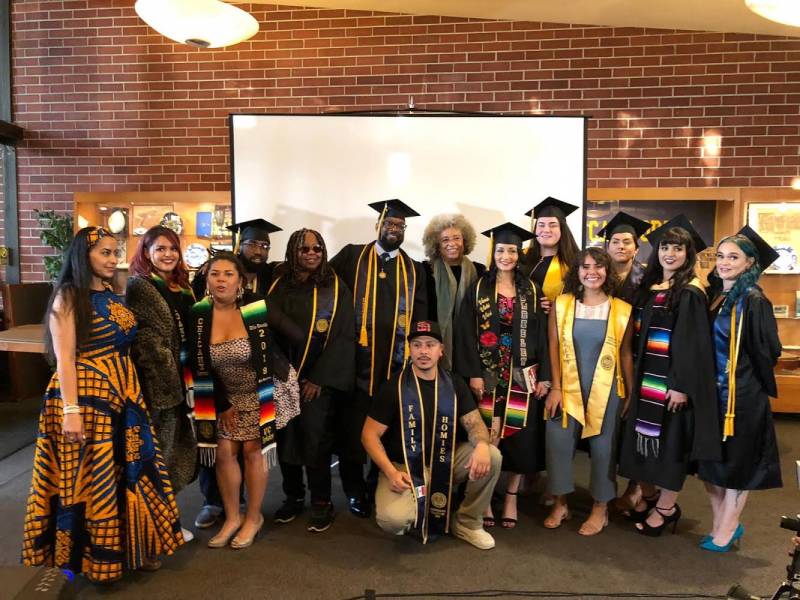On the first night of Alameda County’s shelter-in-place order, UC Berkeley graduate student Daniela Medina had a dream: She was back in prison.
Medina is a part of Berkeley Underground Scholars, a campus community of formerly incarcerated students. Since the pandemic hit, she and other members say shelter-in-place orders are triggering memories of their past confinement, compounding the stress of the moment and making studying nearly impossible.
“It’s really hard to shake that and to remind yourself that you’re not in that space, that this is something different, that you’re OK,” she said.
Years ago, before Medina got her bachelor’s degree at UC Berkeley, before she started her master’s in social welfare, she spent a decade in prison, including about six months in solitary confinement.
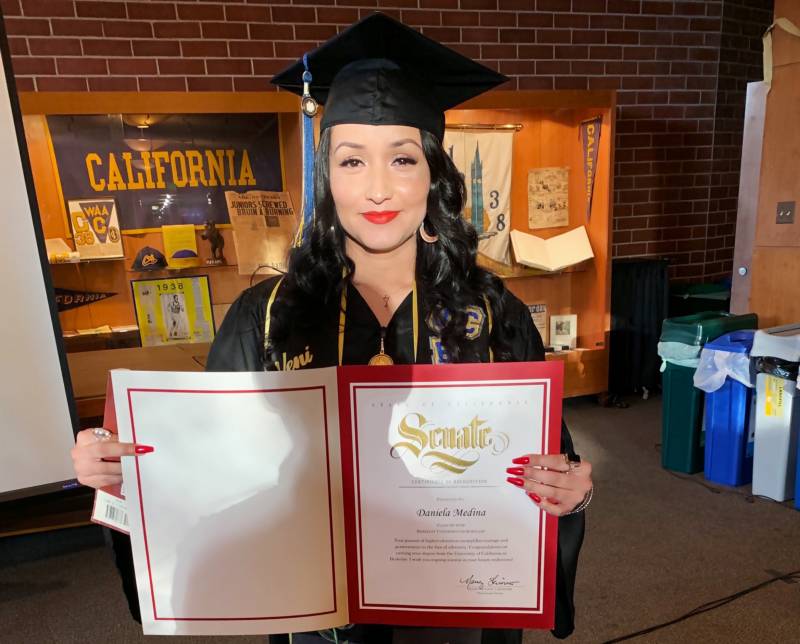
“You start remembering being closed in,” she said. “It triggers in your body those same feelings.”
It’s not just claustrophobia, it’s a deep sense of powerlessness and uncertainty; it’s her body bracing for deprivation, preparing to once again ration food, pads and tampons, Medina said. “It puts you right back into survival mode.”
Formerly incarcerated students have become more visible on the state’s college campuses in recent years, with the expansion of Project Rebound at California State University campuses and growing support networks at community colleges. There are now about 100 students in Berkeley Underground Scholars, and according the organization’s director, students are building chapters at nearly every other UC campus.
For Medina, the group has been an essential source of encouragement. “We thrive off of each other,” she said, explaining that the campus was a safe space that brought them together. “We enjoy being in school, we enjoy learning, we enjoy being in the library — that’s what has made us whole out here,” she said. With the campus essentially closed, she and other members of the group are struggling.
